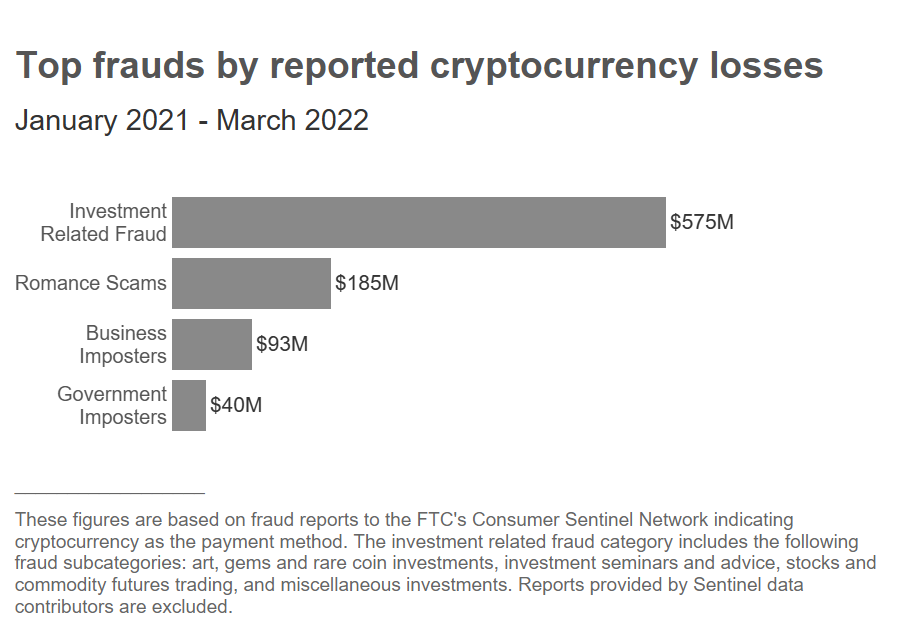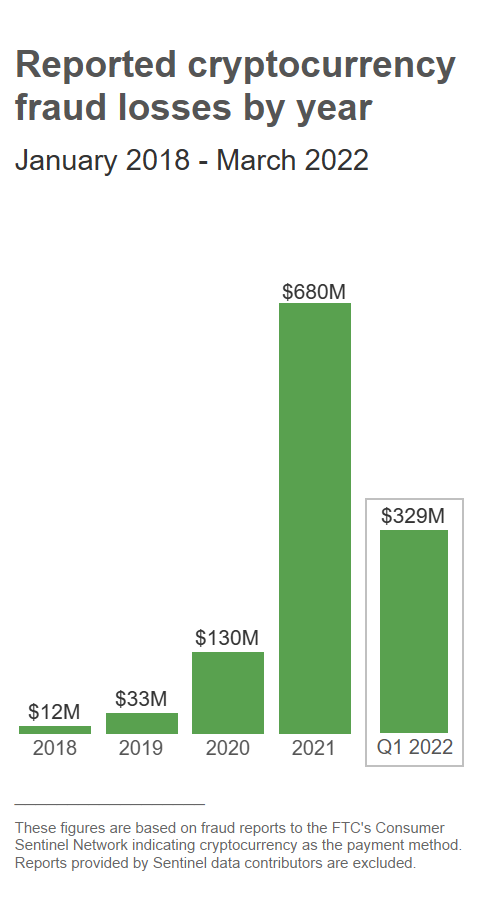Crypto Industry Sees Surge in Lawsuits
BY JAMES FANELLI
Lawsuits over cryptocurrency losses are mounting across the country, as investing in digital tokens and coins has become mainstream and the money at stake has increased significantly.
Even before the recent plunge in crypto prices, the industry already was seeing an uptick in lawsuits, which have come in several forms. Many of the cases have been fueled by investors who allege some digital coins were hyped and sold under false pretenses. Some proposed class-action suits allege pump-and-dump schemes involving celebrity promoters. Others allege that some digital tokens are unregistered securities or that cryptocurrency issuers were deceitful in their marketing. Collectively, the lawsuits speak to both the troubles and successes of a maturing industry. “We’re seeing all of the normal kinds of litigation that you would see in more traditional companies,” said Jason Gottlieb, a partner at Morrison Cohen LLP who tracks crypto-currency litigation. Mr. Gottlieb said the industry also was attracting an influx of plaintiff and defense lawyers who realize the crypto market is no longer “some obscure backwater for a small gaggle of techno-libertarian nerds. It’s a real business.”
Among recent lawsuits is a case filed in a California federal court over losses in the stable-coin GYEN. The suit accuses GMO-Z.com Trust Co., the issuer of GYEN, and crypto exchange Coinbase Global Inc. of advertising the stablecoin as being pegged to the yen, thereby providing a safer investment than more volatile cryptocurrencies. But when GYEN began trading on Coin-base in November, it immediately became untethered from the yen, leading the coin to spike in value and then drop 80% in one day, the lawsuit alleges. A similar peg break occurred in May 2021 when GYEN became available on a separate exchange, according to the lawsuit.
Kenneth Donovan, 27 years old and a plaintiff who began investing in cryptocurrency in 2019, said he bought $335,000 worth of GYEN last year after reading its white paper and learning the New York Department of Financial Services had authorized GMO-Z.com to issue stablecoins in the state. In a matter of hours, he said, his investment plummeted to $3,000, wiping out nearly his entire life savings. Some GYEN investors were risk-averse individuals who saw the cryptocurrency’s purported stability as a way to safely enter the crypto market, said Elizabeth Kramer, a partner at Erickson Kramer Osborne LLP, which filed the suit—its first crypto class-action complaint.
GMO-Z.com didn’t respond to a request for comment.
A spokeswoman for Coin-base declined to comment on the litigation. Coinbase said in a blog post in January that the break in parity between GYEN and the yen in November was the result of market conditions specific to GYEN. Coinbase didn’t cause the break, the company said in the post. John Jasnoch, a partner at Scott + Scott, said his firm has “gotten bullish on crypto” and is handling six cryptocurrency cases, with more in the pipeline. His portfolio includes three proposed class-action suits filed this year over investment losses in SafeMoon, a blockchain-based digital token that charges investors a 10% fee when they sell the asset. SafeMoon founders said the levy—half of which is redistributed to current investors—discourages sales of the token and encourages long-term holding.
Ken and Natasha Donovan are among the plaintiffs in a lawsuit. CINDY SCHULTZ FOR THE WALL STREET JOURNAL
The plaintiffs allege that SafeMoon was a pump-and-dump scheme in which it used celebrities such as boxer Jake Paul, musician Nick Carter and rapper Lil Yachty to promote the tokens on social media. SafeMoon founders encouraged purchases of the token while selling off their own holdings as the trading volume remained inflated, the plaintiffs allege.
Lawyers for SafeMoon, Mr. Paul and Lil Yachty didn’t respond to requests for comment. In a court filing in one of the suits, a lawyer for Mr. Carter denied that his client acted as a promoter for SafeMoon and asked a judge to dismiss the complaint.





